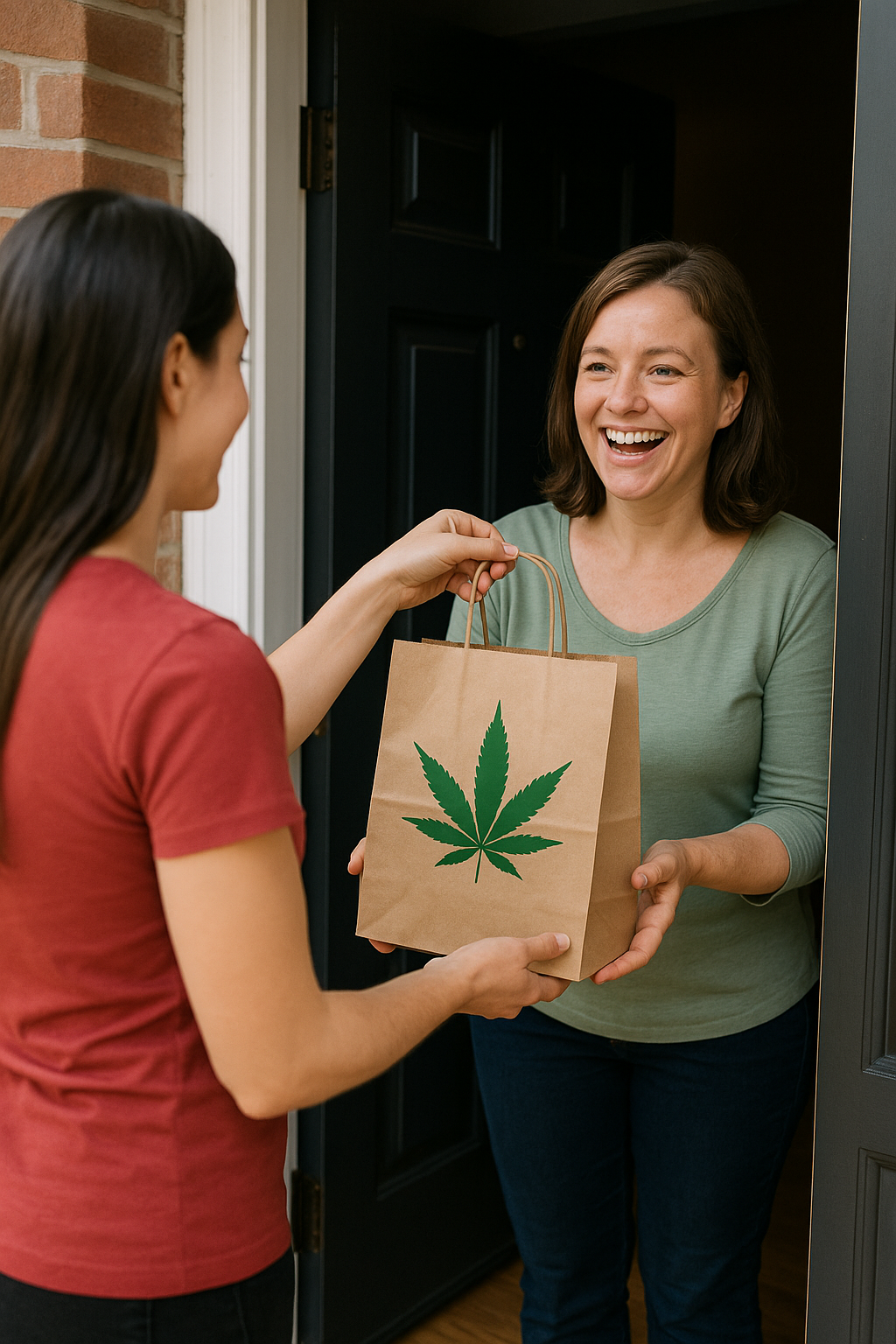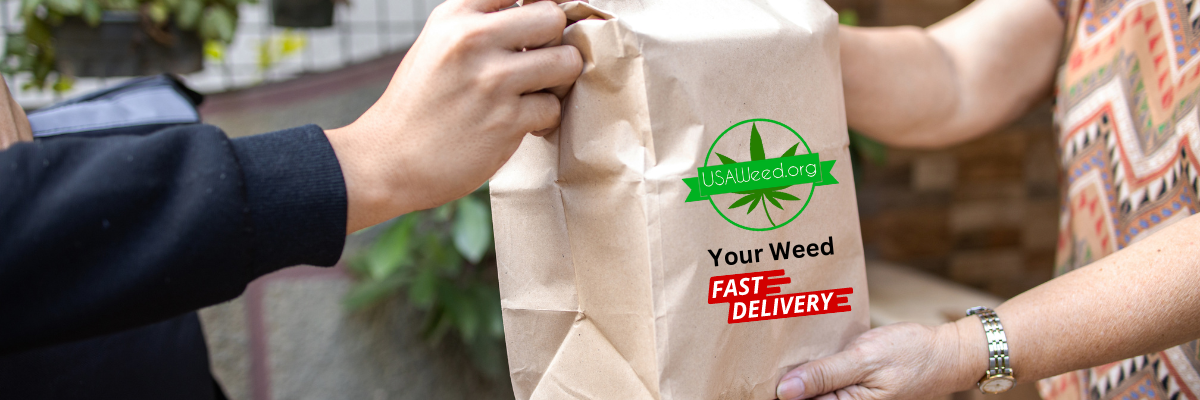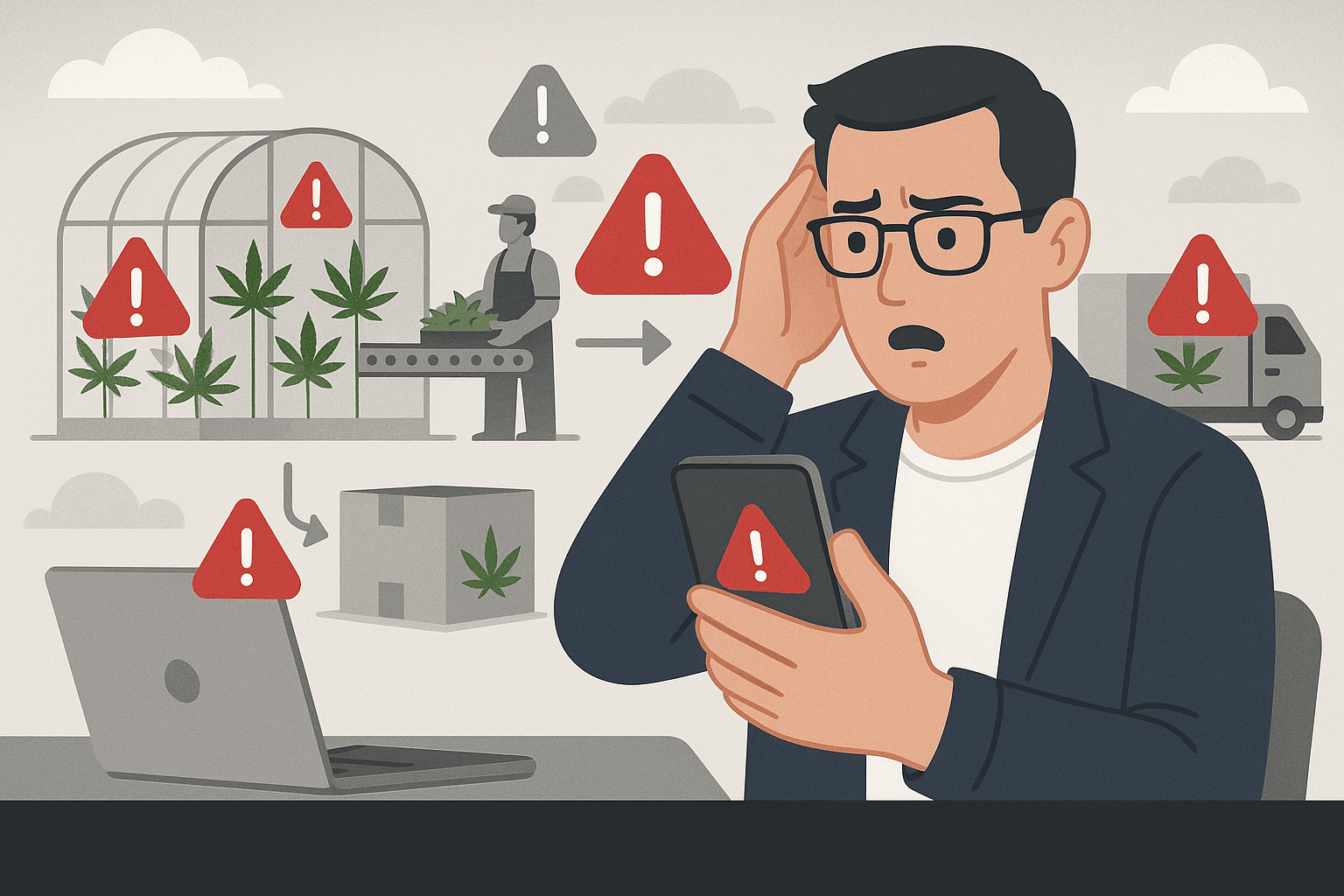What are the rules with weed delivery in Canada?

Explore the complex landscape of getting same day weed delivery regulations in Canada. We have a few tip for your trip. The framework for Same Day Weed Delivery in Canada is determined not by a single national rule but by the layered interaction of federal, provincial, and municipal regulations. While the Cannabis Act outlines the overarching legal boundaries, provinces and cities hold authority over retail licensing, delivery permissions, and operational timelines.
This division of responsibility creates distinct variations in how quickly and where same-day deliveries can occur. In regions where local bylaws add additional conditions, delivery services must adapt their operations accordingly. Understanding these regulatory distinctions provides insight into how access is structured, managed, and monitored across different jurisdictions in Canada.
Local Regulations Shape Access To Same Day Weed Delivery
Provincial licensing requirements for delivery operations
Provincial licensing requirements play a central role in determining access to same-day weed delivery across Canada. Each province sets its own framework governing who may operate delivery services, how licenses are obtained, and what operational standards must be followed.
These licenses are often administered by provincial regulatory bodies, such as the Alcohol and Gaming Commission of Ontario (AGCO) in Ontario, which oversee compliance, application reviews, and renewals. Only retailers holding valid provincial authorization are permitted to conduct same-day deliveries, ensuring that all transactions remain traceable and legally sanctioned within the boundaries of the provincial system.
Municipal zoning bylaws affecting delivery boundaries
Municipal zoning bylaws have a direct impact on how same-day weed delivery operates within city limits. These bylaws determine where licensed cannabis retailers can establish physical locations and, in some cases, define the geographic limits within which deliveries can be made.
Local authorities may impose restrictions related to proximity to schools, public facilities, or residential zones, which can indirectly influence delivery coverage areas. As a result, service accessibility often varies between municipalities based on zoning interpretations and enforcement policies. This localized control ensures that delivery operations align with each municipality’s planning objectives and regulatory priorities.
Restrictions on delivery hours and timeframes
Restrictions on delivery hours and timeframes are a key factor in how local regulations affect access to same-day weed delivery. Provincial and municipal authorities often establish specific operating hours for licensed cannabis retailers, which also apply to their delivery services. Deliveries can typically only occur during the store’s authorized business hours, and late-night or after-hours operations are generally prohibited.
These time-based controls are designed to maintain consistency with retail activity, ensure regulatory oversight, and prevent unauthorized transactions outside approved periods. The result is a uniform approach to delivery scheduling that aligns with local governance standards.

Age verification and identification enforcement
Age verification and identification enforcement are fundamental aspects of how local regulations shape same-day weed delivery practices. Delivery personnel are required to confirm the recipient’s age using valid, government-issued photo identification before completing any transaction.
This verification step ensures compliance with provincial laws that restrict cannabis access to individuals who meet the minimum legal age, which varies by province. Deliveries cannot be left unattended, and no handover can occur without proper ID verification at the point of delivery. These procedures form part of the broader regulatory framework that governs responsible distribution and adherence to provincial compliance standards.
Limitations on delivery vehicle protocols
Limitations on delivery vehicle protocols represent another way local regulations influence access to same-day weed delivery. Provincial and municipal authorities outline specific standards for how cannabis must be transported, stored, and secured during delivery.
Vehicles used for delivery are typically required to maintain secure compartments to prevent unauthorized access and to ensure products remain sealed in their original packaging throughout transit. Some jurisdictions may also specify route documentation or restrict the number of orders that can be carried at one time.
Record-keeping and tracking obligations
Record-keeping and tracking obligations are integral to how local regulations define the structure of same-day weed delivery. Licensed retailers are required to maintain detailed documentation of all transactions, including order details, delivery times, recipient verification, and product identifiers.
These records must be stored securely and made available for review by regulatory authorities upon request. In addition, tracking systems are often mandated to monitor the movement of cannabis products from the point of sale to the point of delivery.

Packaging and labeling compliance rules
Packaging and labeling compliance rules play a central role in shaping how same-day weed delivery operates under local regulations. Both federal and provincial authorities mandate that all cannabis products must remain in their original, sealed packaging during transport and delivery.
Labels are required to include standardized information such as product type, weight, and regulatory symbols, following the specifications set out under the Cannabis Act and related provincial guidelines. Retailers are not permitted to alter or repackage items before delivery. These requirements ensure that every product delivered adheres to the established standards for accuracy, traceability, and lawful distribution within the regulated system.
Prohibition of cross-border or interprovincial deliveries
The prohibition of cross-border or interprovincial deliveries is a key element of how local regulations govern access to same-day weed delivery. Under the Cannabis Act and corresponding provincial frameworks, cannabis sales and deliveries are confined to the province in which a retailer is licensed to operate.
This means that a store authorized in one province cannot legally fulfill orders or deliver products to customers located in another. The rule ensures that each province maintains control over its own distribution network, taxation, and compliance systems.
Enforcement mechanisms and penalties for violations
Enforcement mechanisms and penalties for violations play a crucial role in shaping local regulations for same-day weed delivery systems. Oversight is conducted through both federal and provincial authorities, with agencies such as the Alcohol and Gaming Commission of Ontario (AGCO) ensuring compliance at the retail and delivery levels.
Non-compliance—such as operating without proper licensing, failing to verify identification, or breaching delivery protocols—can result in fines, license suspensions, or revocation of operating privileges. In serious instances, legal action may follow under the provisions of the Cannabis Act.

Final Delivery
The structure of same-day weed delivery in Canada is the result of a layered regulatory system that balances federal, provincial, and municipal authority. While the Cannabis Act provides a national foundation, each province and city defines its own rules concerning licensing, delivery zones, verification standards, and enforcement.
These local variations determine how and where deliveries can occur, shaping the overall accessibility of services across different regions. From operational hours to packaging compliance, every detail is guided by regulation rather than market preference.
